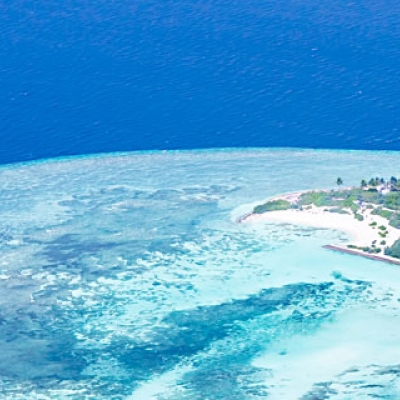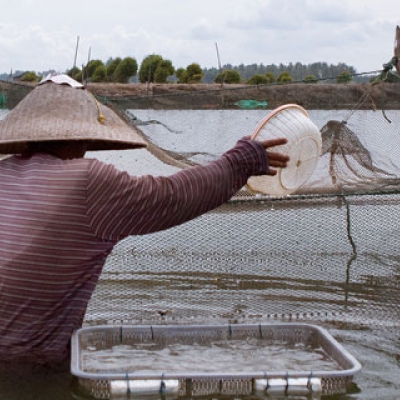
What healthy fish look like
By [node:field_contributor] / On July 30th, 2008
My daughters are 7 and 8 years old. Like many children of their age, they like fish but are deeply suspicious of anything that looks like it might once have been alive. For them fish means fish sticks or cakes, crusted in unnaturally orange breadcrumbs and slathered in ketchup gore. At a push they sometimes accept a piece of Marine Stewardship Council certified sustainable pollock from the North Pacific, but breadcrumbs are mandatory.
Like many parents, I want my kids to eat fish for the health benefits but what goes into processed fish troubles me.


